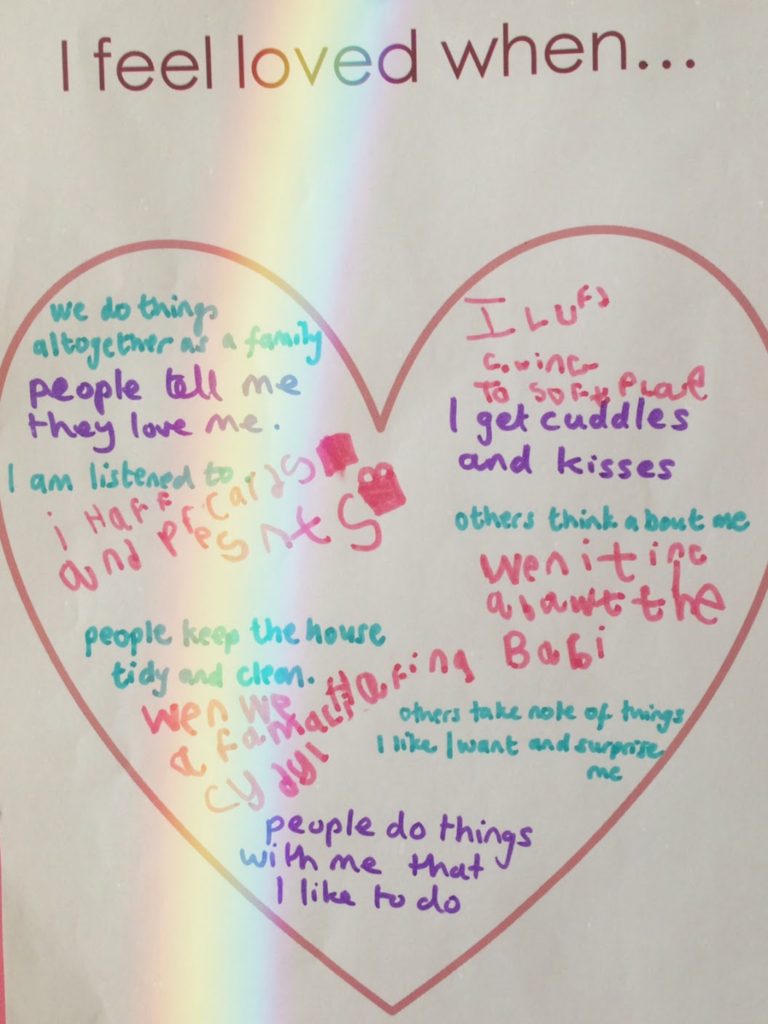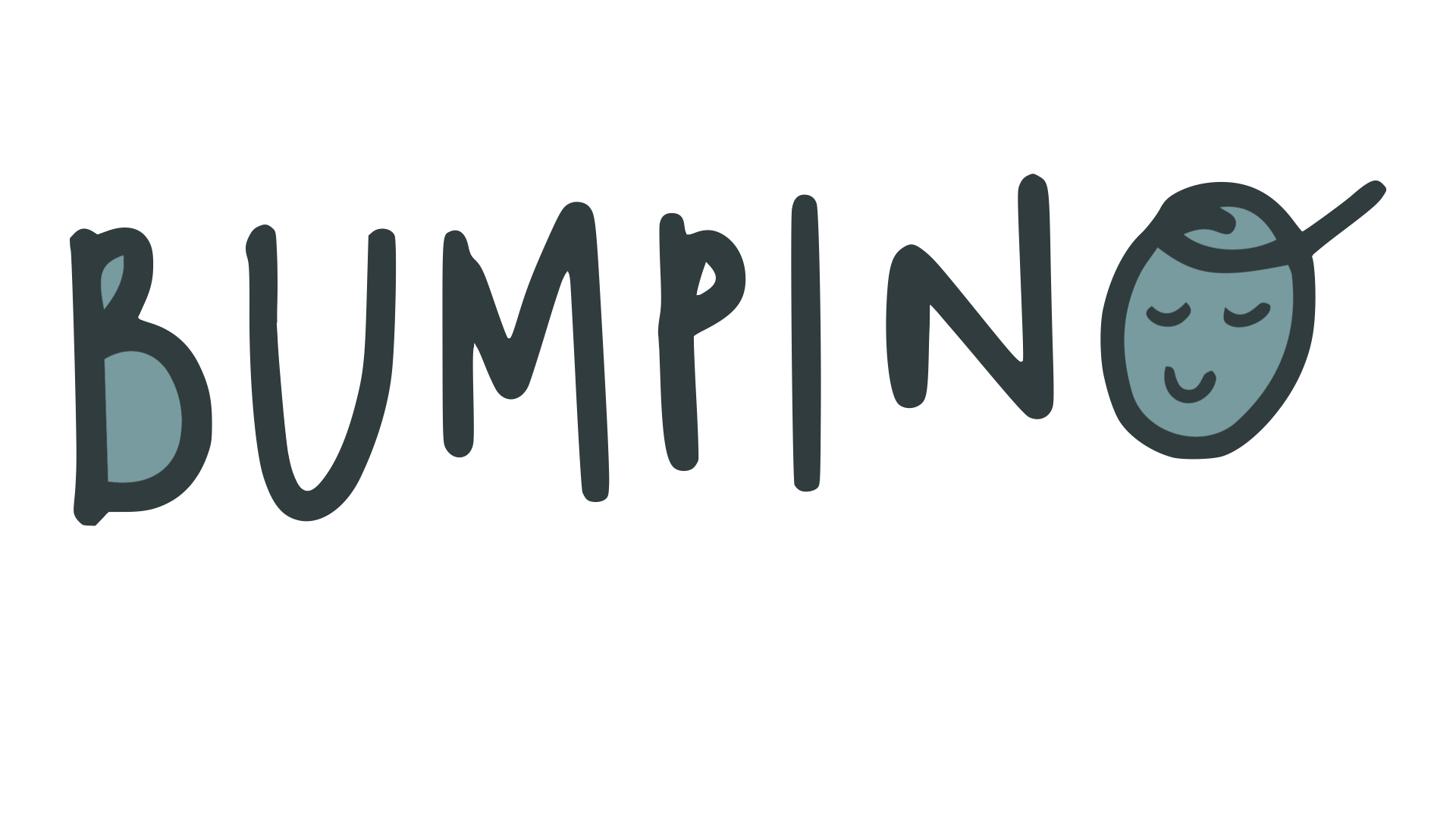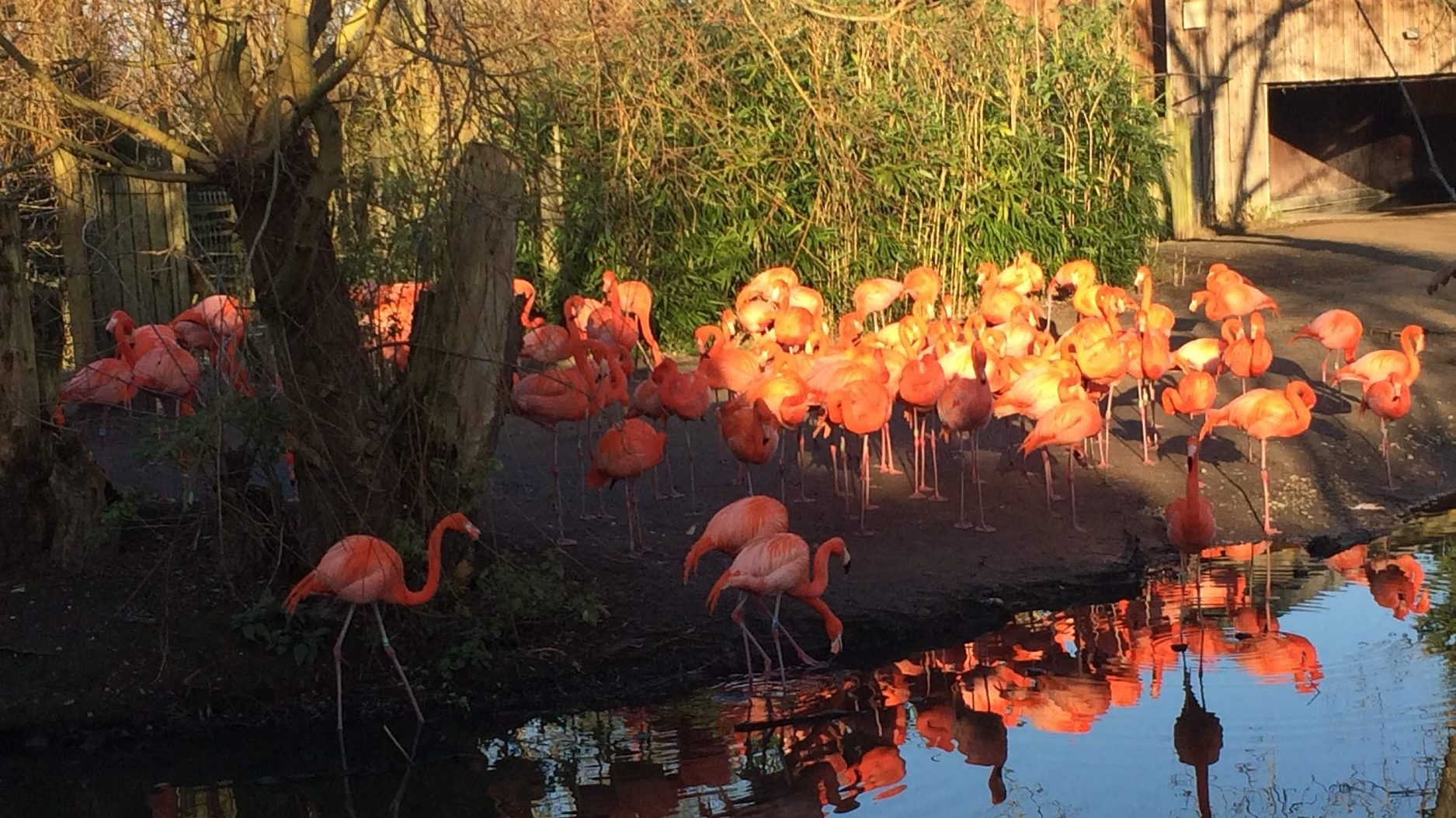I know I’m a bit late in the month to be thinking about love, but I was struck by a somewhat saddening thought yesterday regarding the question of love. You’ve heard me talk about love languages before and it’s something I have tried to reinstall in our family to get us thinking about how we can show each other love and therefore help one another understand what it means to be loved.
Yesterday, I was doing a therapy session with a young adolescent. As the eldest of five this individual felt more and more rejection each time a new baby entered the family. Not only did the adolescent experience numerous years of significant neglect, they were then removed from their birth family, placed in foster care and then underwent an adoption breakdown. Rejection after rejection. In the session the question “what is love” arose. The young adolescent was unable to answer. An answer for why they end a phone call or walk out to school shouting “love you” could not be found. After a lot of deliberating the suggestion offered was “a feeling that makes you happy”. I think that is where so many of us get stuck. But, what happens when that feeling goes away? How does “happily ever after” really work?
I presented the young adolescent with two further possibilities of what love might be. Considering the number of rejections experienced and the failure of so many, these were hard to comprehend. I suggested that love might also be commitment and putting others needs before your own. (I would like to advocate that I believe love is even more than this, but we needed to start at the blind spots.). It was fascinating helping this young life realise that what she had with her prospective adoptive mother now was what love should be like and what she had experienced for so many years was not a satisfying representation of love.


Only the day before I encouraged Poppi, Daf and I to sit down and think about how we can show each other love. We are all SO different. We have pinned these ideas up on the wall so we can constantly remind ourselves. Love is so important, but so easily forgotten. It has helped me so much actually verbalising what I need to do to show my family love. If their needs are to come first I need to know how to put them first. Love is tough and it takes commitment, but it definitely helps to know what it is and therefore how to go about loving.


4 thoughts on “The Power of Love”
I love the chart you did with your family, it’s a good reminder of all the ways we can feel and show love.
It’s been so helpful. We refer to it pretty often!
“I have cards and presents.” “I love going to soft play.” “When we are a caring family (cydyl?).” (?) “When I think about the baby/Babi.” (?) Phonetic love thoughts – to be translated for both language (Welsh/English) and developmental stage! Did the baby give a little kick to express her appreciation of being loved and nurtured? I chucked at your “happily ever after” – what convenient short-hand for the life the prince and princess actually did lead.
“When we are having a family cuddle”
Comments are closed.